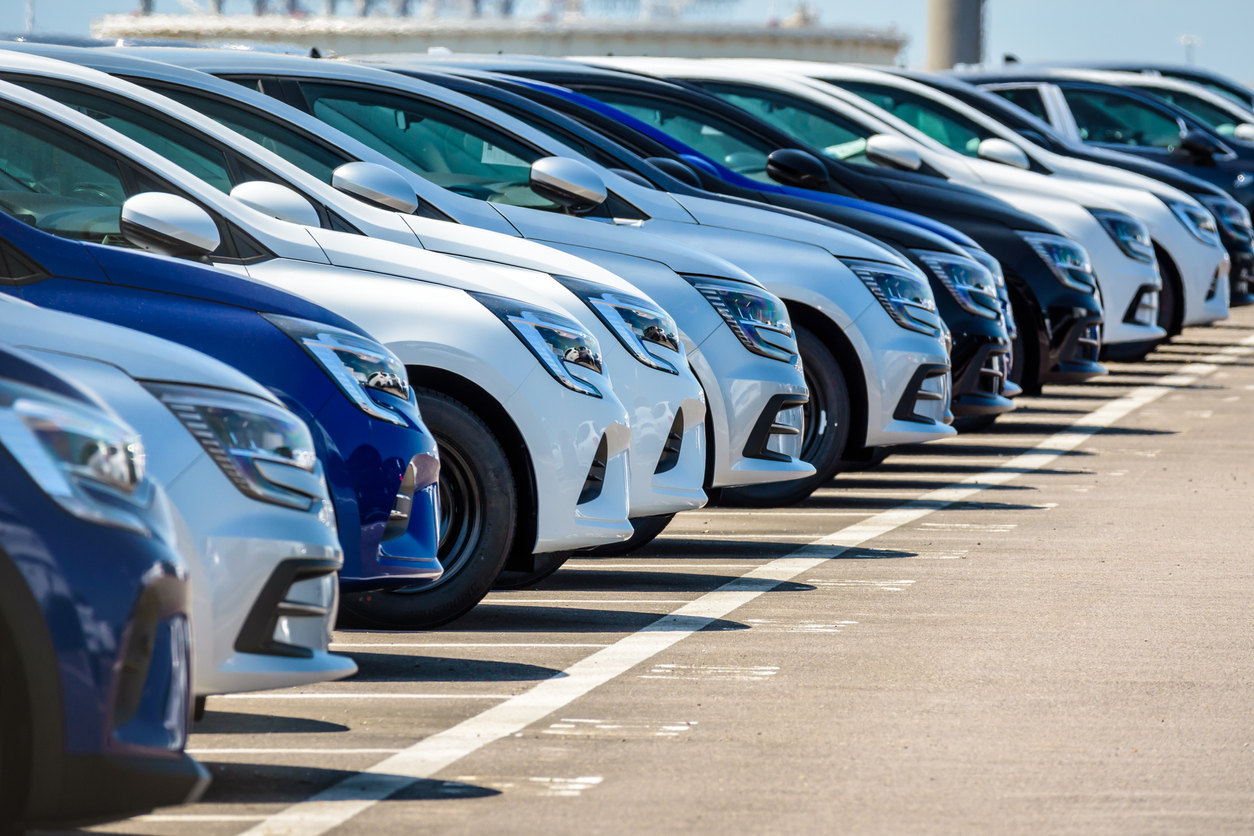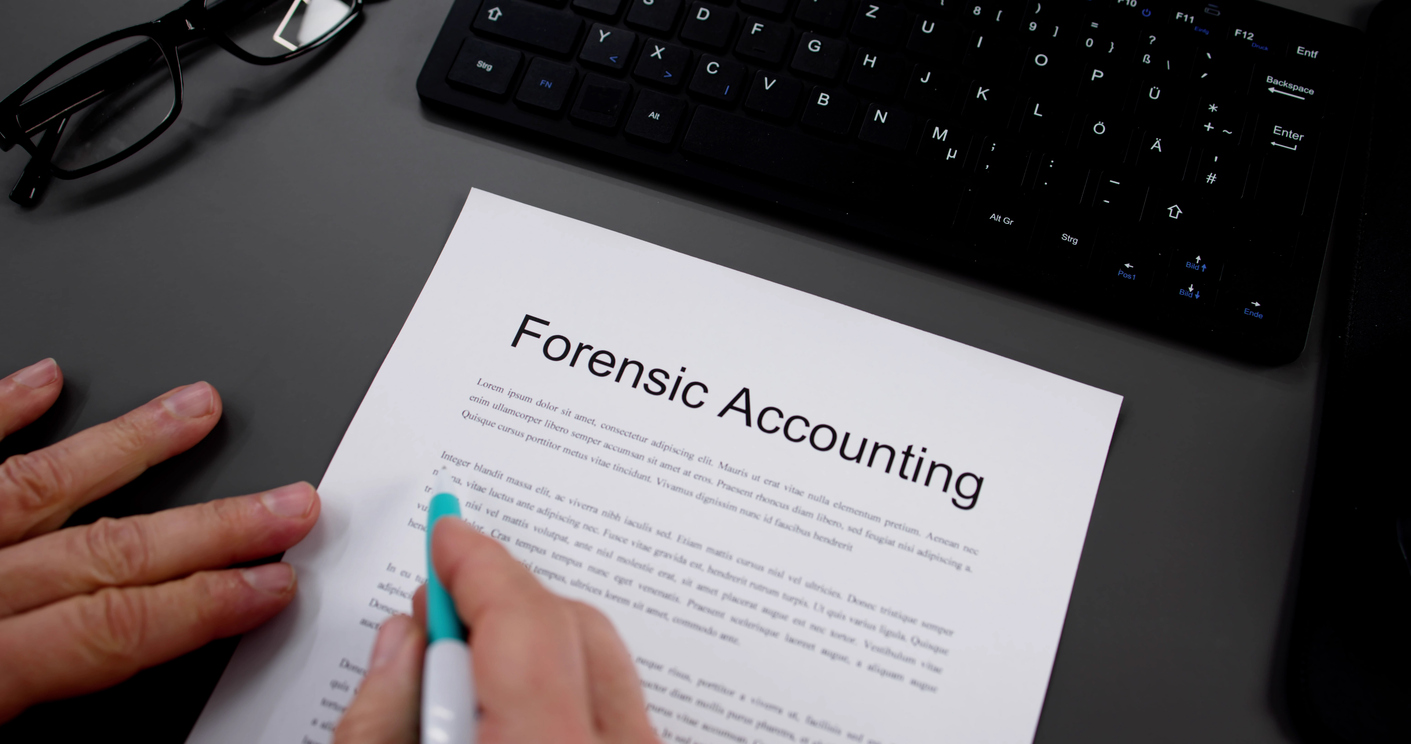Nigerian Customs Procedure for Shipping Cars: All You Need to Know
Nigerian Customs Procedure for Shipping Cars: All You Need to Know
In Nigeria, owning a car is one of the biggest lifestyle milestones. It is a sign of affluence and prestige. Owning a car also has its own set of responsibilities and obligations. To own a car in Nigeria, there are certain requirements that need to be fulfilled by the owner or user. Every country has their own customs procedure for shipping cars, but these procedures tend to differ with each country’s specific regulations. In this article, we look at the Nigerian Customs procedure for shipping cars, so you can begin preparing your vehicle for export without any hiccups along the way.
What is Customs Procedure for Shipping Cars?
Customs procedure for shipping cars are the steps that need to be completed to successfully import a car into the country. The requirements will vary depending on the country you’re importing the car to, as well as the type of car. The type of car you choose to import will affect the cost of shipping and the amount of time it takes. Customs procedure for shipping cars is a necessary part of importing a new car into a country. You can’t just drive your car into a foreign country without fulfilling the necessary requirements. Customs requirements vary depending on the country you’re importing to.
Nigeria Customs Requirements for Exporting Cars
The customs requirements for exporting cars to Nigeria are: – Duty on imported vehicles: 30% of the landed cost – Customs clearance (CIF): If the value of the imported goods is less than NGN 1,000,000, you need to pay a single exit fee at the airport. If the value is more than NGN 1,000,000, you need to pay all clearance charges at the Customs office. – Central Bank of Nigeria (CBN) charges: If the value of the imported goods is more than NGN 1,000,000, you need to pay a single exit fee at the airport. If the value is less than NGN 1,000,000, you need to pay all clearance charges at the Customs office.
The NGF and Import License
Nigerian Customs requires an import license for any car imported into the country. You need to obtain an import license before you make any payment. The National Insurance Company (NGF) is the company responsible for processing import licenses. The NGF has the authority to approve or reject your import license request. If your import license request is rejected, you have three options. You can appeal the decision within 30 days. You can change the details of your application. Or you can resubmit your application with additional information. Without an import license, you cannot clear your car through customs. Therefore, you should obtain your import license before you make any payment for your vehicle.
Preparing your Car for Shipment to Nigeria
Before you can ship your car to Nigeria, you need to ensure that it meets certain customs requirements. You need to make sure that your car is in a suitable condition for shipment. You also need to prepare the documentation for shipment. Here are a few things you need to do before you can ship your car to Nigeria: – Ensure your car is roadworthy. Your car must pass a roadworthy inspection. – Complete a Pre-examination report. A Pre-examination report certifies that your car meets the necessary requirements. – Secure insurance. Your car must have insurance, both during transit and when it’s in Nigeria. – Prepare your car’s documentation. Make sure you have the correct documentation, such as the Bill of Lading, Customs Import Declaration, etc.
3 ways to ship your car to Nigeria
There are several ways to ship your car to Nigeria. You can either send your car by road, sea, or air. Depending on your shipping preference and budget, you can select the best shipping method for your car. – Road Shipping: Road shipping is the cheapest shipping method. Cars are delivered to their destinations on trucks or trailers. However, road shipping is also the slowest method. This shipping method does not offer many options for insurance coverage. – Sea Shipping: Sea shipping is slightly more expensive than road shipping. However, it is significantly faster. Sea shipping offers more insurance options than road shipping. – Air Shipping: Air shipping is more expensive than road and sea shipping. However, it is the fastest shipping method. There are several limitations with air shipping. For example, you cannot ship an automobile weighing more than 100 pounds.
Final Words
Owning a car is a big responsibility, and it’s important to understand the customs procedure for shipping cars. This article covers all you need to know about the Nigerian Customs requirements for exporting cars. You’ll learn about the Nigerian Customs requirements, the NGF and import license, preparing your car for shipment, and the 3 ways to ship your car to Nigeria. Follow these tips, and you’ll have no problems importing your car into Nigeria.







LEAVE A COMMENT
You must be logged in to post a comment.